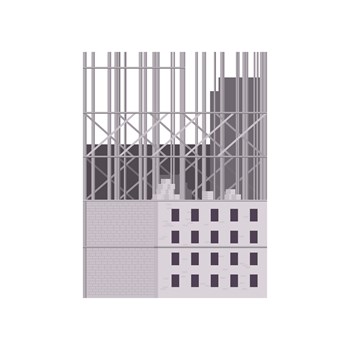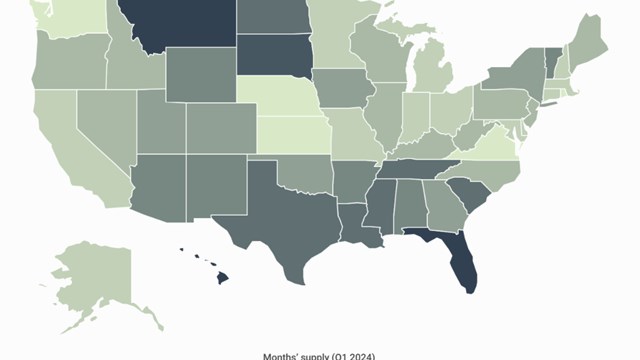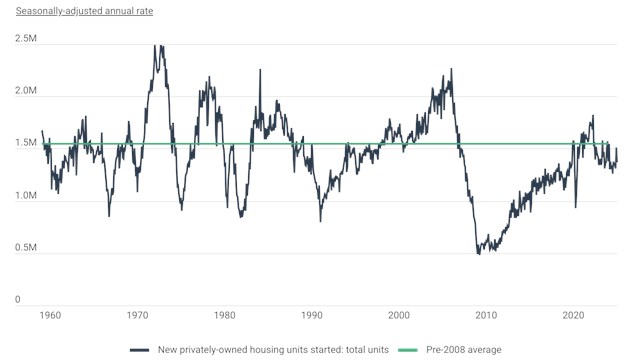
One of the lingering effects of the pandemic is the availability of new - often less expensive - condominium units for sale in buildings that experienced major construction delays and foreclosures during the crisis. While these otherwise well-planned buildings may have been the victims of circumstance, and while everybody loves a good deal, purchasing units in them may involve legal and construction issues that buyers in buildings built prior to or since the pandemic don’t have to contend with.
“Properties in foreclosure or with other obvious defects may be less expensive if the buyer is looking for advantageous pricing,” says Hal Coopersmith, a principal at NYC-based law firm Coopersmith & Coopersmith, “but the tradeoff is that there is higher risk.”
Potential Pitfalls
The potential pitfalls facing a prospective buyer in a building foreclosed on during its construction fall into two main - and often overlapping - categories: construction and legal. Construction issues tend to center around actual construction defects, while the legal questions tend center on who’s responsible for paying for the correction of those defects.
If a prospective buyer is contemplating a unit in one of these buildings, the wisdom of doing so depends on a number of factors, says Coopersmith.
“Much would depend on the status of the foreclosure and the condition of the building,” he says. “Certainly, an active foreclosure poses additional risk, but if the foreclosure action is settled, and a purchaser can obtain a title policy from a reputable title company, it should not pose high risk. However, a foreclosure by a construction lender may be indicative of problems and issues in the construction process, so a thorough inspection during the due diligence period to ensure there are no latent defects in the condition of the property would be important here.” That inspection would include common areas as well as the individual unit.
Who’s Responsible?
The question of responsibility for the cost of initial construction defects in a residential building might seem obvious; the builder of any project is responsible for any defect incurred during the construction period. But what if the initial builder had to bow out, and the project’s lender had to complete the construction of the property? In cases like this, construction can stop during a foreclosure action, and the lender will have to make a choice after the foreclosure is adjudicated. They can choose to sell the project to a developer as-is, or complete the build-out and sell the project themselves by hiring a developer on a fee basis. Hiring a developer to finish the job and recapturing their investment - perhaps even netting a profit - is often the more enticing option to maximize the recapture of expended capital.
But regardless of good intentions, construction defects can slip through. What happens then? “The results would depend on a number of factors,” says Coopersmith. “Typically, if a new sponsor takes over a project, they assume the responsibilities of the original sponsor under the offering plan. Offering plans typically provide certain minimum warranties that survive closing for a limited period of time, which may be in addition to similar statutory or common law claims. So in some circumstances, the new sponsor may be responsible for repairs, while in others, the unit owners may be stuck taking on the repairs themselves.”
If a buyer is purchasing a unit directly from a bank which has foreclosed on the project, any construction deficiencies would be, as implied earlier, the responsibility of the lender/seller. That said however, potential purchasers should keep in mind that they may be forced to make repairs at the expense of themselves and/or the ownership association in the short run, then recoup those costs from the seller after the fact - possibly through costly, lengthy litigation if the reimbursement isn’t forthcoming.
Sage Advice
Coopersmith advises buyers interested in this type of property to do a thorough due diligence review. “Depending on the purchaser’s needs,” he says, “if a reputable title company is prepared to insure the purchase, there is no history of litigation or complaints with regards to the condition of the property, and an engineer’s inspection reveals no latent defects, there is no reason to avoid such a deal.”









Leave a Comment